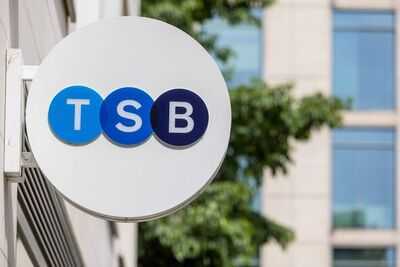
Young adults are less likely than other age groups to spot warning signs of economic abuse, a survey shows. Economic abuse is a form of domestic abuse and involves someone controlling another person's money and resources to trap them.
The research, released by the charity Surviving Economic Abuse and TSB ahead of Economic Abuse Day on November 26, found that 7% of people surveyed did not recognise any of the examples of economic abuse given or were unsure. In response, the charity and TSB have launched the "spotting the signs challenge", a campaign aimed at helping people recognise the red flags of economic abuse and how to safely take action. Over a third (36%) of 18- to 24-year-olds missed one or more potential signs of economic abuse when presented with vital red flags in the survey, compared with 16% of those aged 55 to 64.
One or more warning signs were also missed by 31% of 25 to 34 year olds; 22% of 35 to 44 year olds; 17% of 45 to 54 year-olds; and 19% of people aged 65-plus.
TSB said that its "flee fund", launched in 2022 to provide survivors with immediate access to up to £500 to escape a dangerous abuser, has helped more than 800 people so far.
Sam Smethers, chief executive of Surviving Economic Abuse, said: "Our research is a wake-up call: too many young people don't recognise the signs of economic abuse, even though nearly one in four young women experience it - higher than any other age group.
"But this isn't just a young person's issue - we need to raise awareness across all generations so everyone knows how to spot and respond to this hidden form of abuse."
Kate Osiadacz, head of responsible business at TSB, said: "The impact of economic abuse on individuals can be devastating, trapping victims in a spiral of debt and stripping them of their financial independence - and in the worst cases, leading to the loss of life.
"We hope the launch of this challenge will spark a conversation about economic abuse and help people spot the signs of this crime, so that survivors can identify and access the help they need."
The research was conducted by Ipsos among more than 5,000 people across the UK in October, commissioned by Surviving Economic Abuse and TSB.
Below are the warning signs of economic abuse that participants were asked to identify, in a hypothetical scenario where a friend disclosed they had experienced the following from a partner or ex-partner: